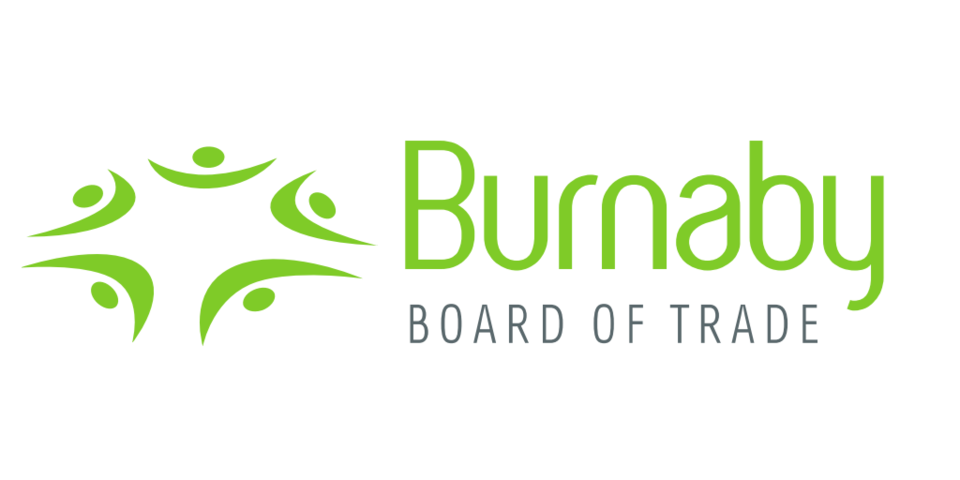UPDATE: Kinder Morgan Canada president Ian Anderson has issued a formal response to the BBOT’s report:
“We appreciate the effort the Burnaby Board of Trade has taken to research and develop a report. They have highlighted many of the key issues we continue to work on, including maximizing local benefits and minimizing risk. We agree wholeheartedly with the need for strong relationships with local stakeholders, and we remain hopeful for a constructive relationship with Mayor Corrigan and the City of Burnaby. However, we stand by the fact that the Project will deliver significant benefits to the people of Burnaby, B.C. and Canada.”
Original story below:
The Burnaby Board of Trade has expressed concerns over earthquake preparedness, financial benefits, routing and liability related to the proposed Kinder Morgan Trans Mountain pipeline expansion.
In a report released Wednesday, the BBOT laid out the results of its extensive nine-month review of the project. The report was compiled by a task force made up of BBOT directors, who met with 10 groups with a vested interest in the project – whether for or against – including Kinder Morgan Canada, the Canadian Chamber of Commerce and the City of Burnaby.
“We felt we had a responsibility to our members to review the proposed expansion and the implications for Burnaby.” said board president and CEO Paul Holden, noting the task force’s analysis of the project’s social, economic and environmental impacts. “We decided to put a task force together to meet with a number of groups that we felt would best inform us in terms of all aspects of the project.”
The report outlines the balance between the business interests of the community and the environmental impact of the expansion. While the board supports sustainable energy initiatives, it recognizes Canada’s reliance on oil as an energy source and commodity, and notes that Canadian oil producers have lost money due to limited transportation options.
On the business side, the report notes that as few as 50 direct jobs would be created for the project, but following its construction, approximately 3,000 full-time, long-term jobs would be created indirectly across the province.
However, the increased tax revenue generated by the expansion over two decades – while substantial to the federal ($2.1 billion) and provincial ($1 billion) governments – would not benefit the city enough to outweigh the dangers, said Holden.
“We looked at the economic benefit through the increase in tax that was being generated and we looked at the potential increase in jobs that would be created by the project,” he said. “But when you balance that out with… our areas of concern, we didn’t really feel that the economic benefits to Burnaby were equivalent to perhaps the risk that was being taken.”
Burnaby stands to receive an additional $6.2 million per year in taxes, nearly double what the city currently receives from Trans Mountain. But revenue from the sale of oil would largely bypass Burnaby and go straight to the governments of Canada and Alberta, illustrating a lack of equitable distribution, according to the report.
Environmentally, the project’s potential impact on the city raised more issues in the report. The board acknowledged that the expansion is, for the most part, a new route rather than a twinning, and questioned the pipeline’s ability to withstand a “credible” worst-case scenario earthquake.
Noting that the initial pipeline was installed while Burnaby was a much more rural municipality, the board highlighted the city’s growth and densification since then and the appropriateness of maintaining the Westridge Terminal in such an urban setting, particularly with the increase of monthly oil tanker traffic from five to 34.
Regarding environmental safety, the board fears an oil spill could cause damage beyond the $1.6 billion maximum payout from various funds and available insurance for cleanup to the “responsible party.” While the federal government has passed measures to allow for additional funds for spill cleanup, the BBOT’s report insists on ensuring costs related to damages (including habitat remediation and species recovery) will be covered by the project proponents and their customers, sparing any cost to taxpayers.
Lastly, the report cites a rift between all parties that has prevented a meaningful discussion about the project.
“The impacts of a lack of cooperation between pipeline operators and the local government and emergency responders, for example, could be dire in the case of an accident or spill where a timely and coordinated response would be required,” reads the report. “The Burnaby Board of Trade recommends further open dialog within the stakeholder communities to address this concern as a condition of project approval.”
Based on this report, Holden said the BBOT will submit its letter of comment to the National Energy Board by the March deadline, but that the report does not signify an outright stance on the project one way or the other.
“At this stage, we wanted to say that we’ve conducted our research, this is what we’ve found, and as the project currently stands and with the four areas of concern that we highlighted, we felt that those were concerns we had to raise,” he said. “We’re very proud of the job we’ve done on this and we really hope that our members get some really useful and insightful information from it.”
To read the full report, click here.



